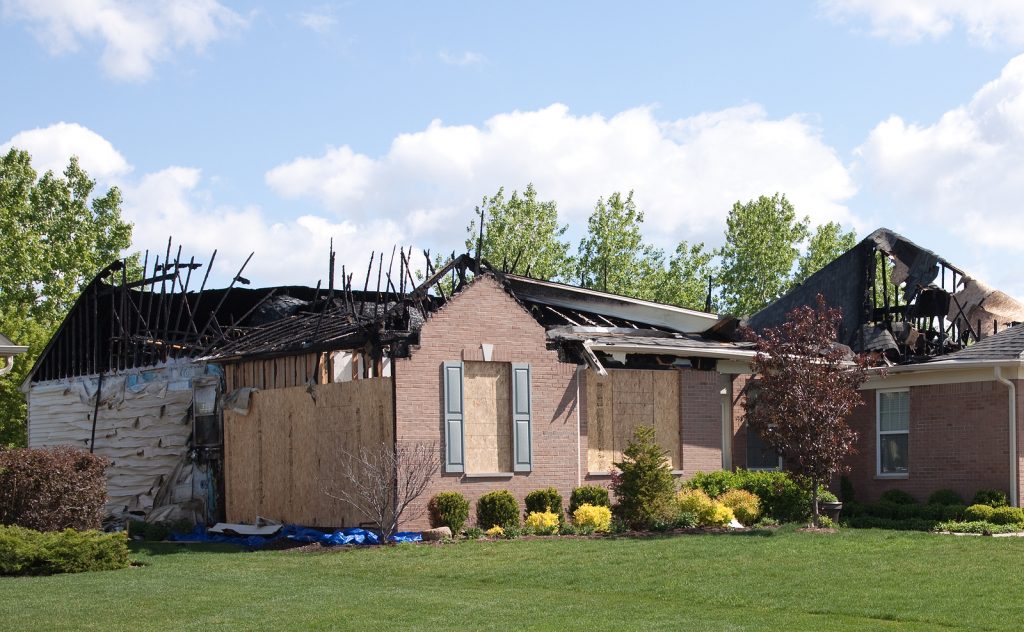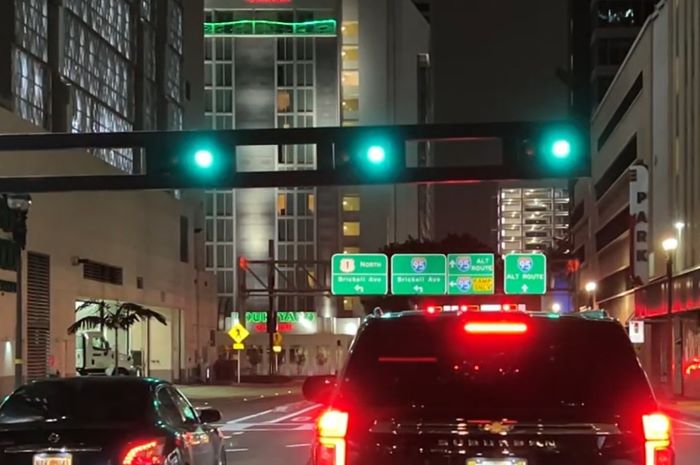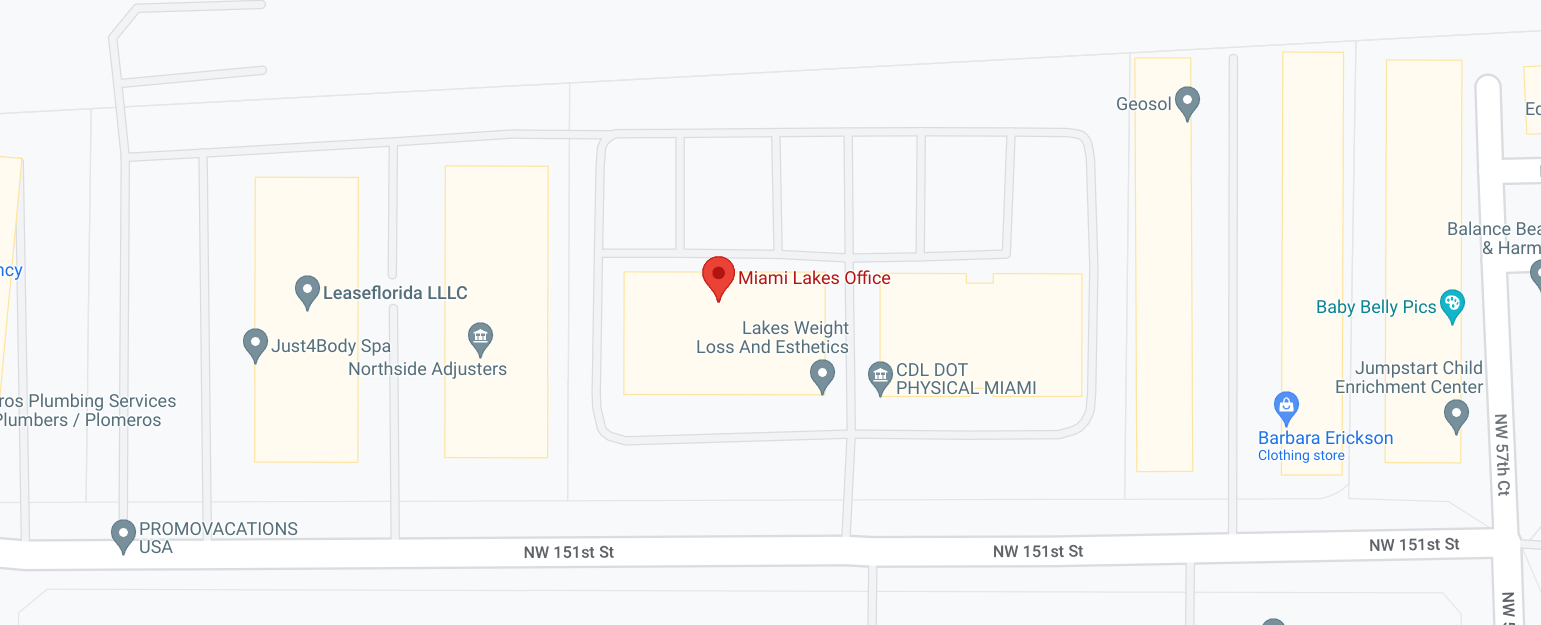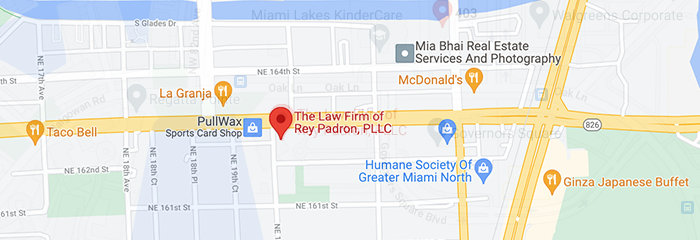Most people nowadays are connected through various social media platforms. Those who use social media share various aspects of their lives through photos, videos, and pinned locations. However, if you’ve filed a car accident claim in Miami, it’s crucial to be cautious. What you post on social media can draw attention beyond your social circle. Many insurance companies and legal defense teams use social media to potentially undermine your case, which could lead to a denied claim or a lower insurance claim settlement.
Can Social Media Be Used as Evidence in a Personal Injury Claim?
The short answer is yes, Social media is admissible as evidence in a car accident claim involving personal injury.
The use of social media as evidence is not exclusive to personal injury claims; it is also applicable to other types of cases. It has been honored by the legal system for several years now, allowing prosecutors or legal defense teams to provide evidence and relevant context to the case for the person/s involved.
Insurance companies and legal defense teams can use social media posts for any of the following purposes:
- To refute your testimony
- To determine fault
- To assess the lifestyle and emotional impact of the injuries on the victim
However, not all social media posts can be admissible as evidence in a car accident claim or lawsuits. It will depend on the relevance, authenticity, and the method by which the evidence was obtained.
What Do Insurance Companies Look for in Social Media?
As mentioned, the idea of conducting legal surveillance on social media is nothing new. For years, legal defense teams and insurance adjusters have turned to social media platforms like TikTok, Facebook, or Instagram to support their cases in opposing personal injury lawsuits arising from car accidents.
What do these people specifically look for in social media? It depends on the details of your case. Their goal is to find any evidence that contradicts claims for personal injury.
For example, if you claim that your car accident injury has resulted in a loss of mobility, a social media post of you hiking or engaging in sports activities could be damaging evidence against your claims. Even if you are not posting any photos or videos, checking in to specific locations that indicate you can move freely would be just as damaging.
Essentially, what insurance companies and adjusters are looking for are inconsistencies. It is essential in cases wherein the victim pursues monetary compensation for trauma and suffering, on top of their medical expenses. Any social media posts that contradict that can be used against you.
How to Use Social Media to Your Favor
Posting on social media doesn’t have to be detrimental to your car accident claim. In fact, it can be a powerful tool when used strategically to gather evidence that would benefit your case.
For example, suppose the at-fault driver posted videos of themselves drinking in a bar or leaving a party before the accident occurred. In that case, this can be powerful evidence to support your car accident claim. It shows reckless behavior on the driver’s part to drink and get behind the wheel.
In addition, you can also use your own social media posts to show the extent of your injuries. For example, you can post photos and videos undergoing physical therapy. It not only shows the seriousness of the injuries you sustained but also supports the need for compensation to cover your ongoing rehabilitation.
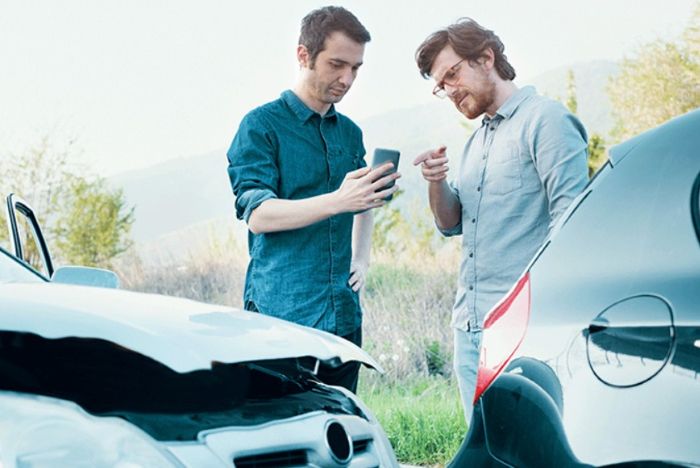
What to Avoid on Social Media After a Car Accident
What you post on social media can work in your favor or against you, depending on how the legal defense and insurance team chooses to interpret the information you share. Here are a few things to avoid with your social media activity following a car accident.
Oversharing Details of Your Recovery
Some people find comfort in sharing their healing journey on social media. However, you must limit how much you share about your recovery, or it could backfire on you.
Posting about your recovery on social media might be perceived as if you’ve fully recovered or are doing better than what is stated in your car accident claim. Even well-meaning comments from your friends or family can be twisted out of context.
Posting Too Many Photos or Videos
Insurance adjusters often encourage victims to post photos and videos on social media. It provides them with valuable evidence that would benefit their case. For example, sharing a photo of you attending a birthday party or going out to dinner with the family can be used against you.
Limit how much you share on social media, especially in terms of photos and videos, until after the case is concluded.
Talking to Strangers Online
While it’s a good practice to avoid interacting with strangers online, it is more important now than ever. Many insurance companies and adjusters have been known to create fake profiles in an attempt to obtain information from victims. Therefore, you must never accept requests or messages from people that you don’t personally know.
Warn Your Friends and Loved Ones
Even if you’ve done your due diligence and choose not to post anything about your activities on social media, your friends and family members may do so. If you are tagged in one of the photos or videos, it will still appear on other people’s feeds. Keep your friends and family informed about when you’re being tagged on social media.

Social Media Guidelines During a Car Accident Claim
Just because you have undergone a traumatic car accident that resulted in a personal injury does not mean you should stop using social media altogether. However, taking proactive steps will benefit your case, allowing you to enjoy a satisfactory outcome and settlement.
Don’t take it personally. Insurance companies hire insurance adjusters to try and lowball offers on your car accident and personal injury settlement. It’s part of their job description. You must do your part to ensure they can get as little information from you on social media.
One simple yet effective strategy is to set your profile to the highest privacy level. This ensures that you can control who sees and can engage with your social media posts, providing a sense of security. However, keep in mind that insurance companies can access your posts online through legal channels. Therefore, the best approach is not to post anything related to your accident or any ongoing legal proceedings.
If in doubt, consult with your Miami car accident lawyer, as they can provide guidance on what you can and cannot post. Remember that a single mistake on social media can result in reduced compensation or a denied claim.





